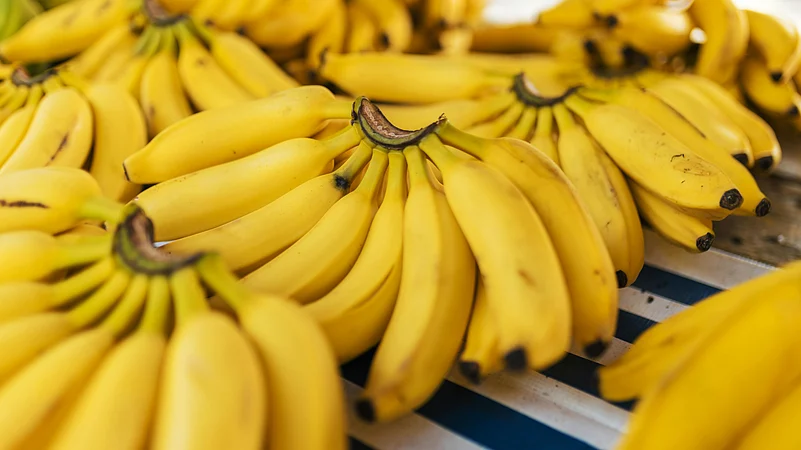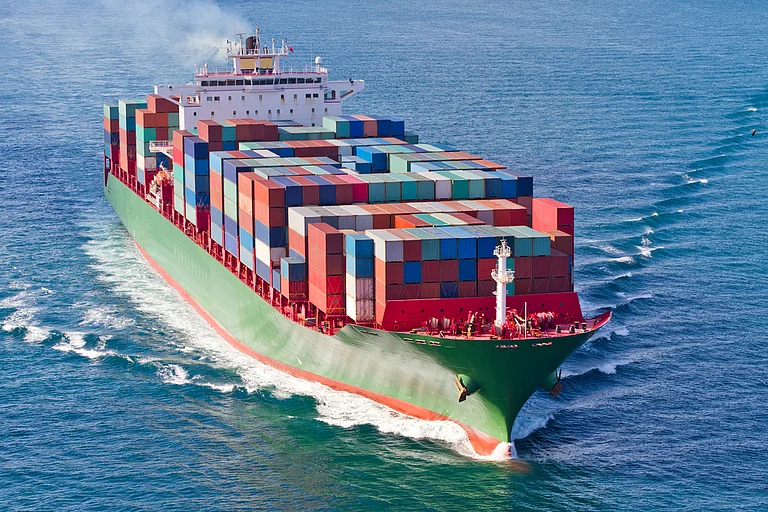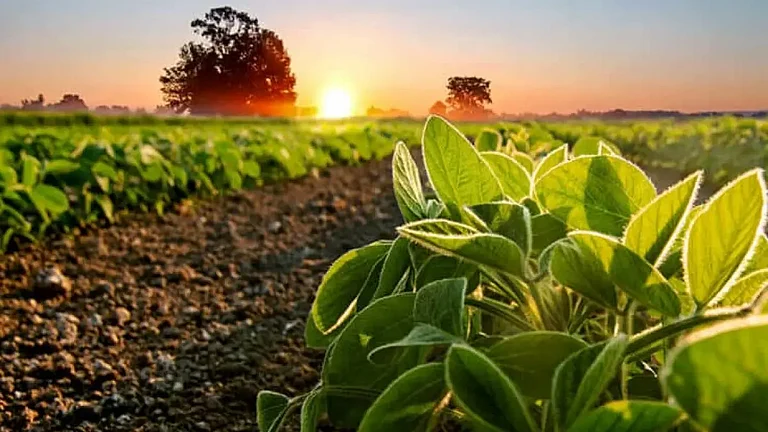The banana, the world’s most popular fruit as well as the fourth most important food crop, could suffer immense damage due to climate change consequently impacting exports globally, according to a report by Christian Aid.
A 2016 report titled Nutritional Composition of Fruit Cultivars, stated that banana is the most important tropical fruit of the world which is ranked as fourth most important food crop in the world after rice, wheat and maize.
Additionally, bananas are crucial to the diets of over 400 million people who rely on them for meeting 15 to 27% of their daily calories.
However, most exported bananas are a single variety, the Cavendish, which lack genetic diversity, making the crop vulnerable to climate-related impacts.
The report warned that by 2080, Latin America would especially be affected by climate change, causing a 60% reduction in the area suitable for export banana production.
Europe and the US rely on Latin America for its banana supply. As indicated in the report, the Latin America region is expected to get impacted with climate change by 2080 which would cause a 60% reduction in the area suitable for export banana production. By 2050, countries like India and Brazil are expected to see declining yield due to climate change with key exporters like Colombia and Costa Rica also being affected.
Climate change also increases risk of fungal diseases such as Panama disease, which could devastate crops.
Ambitious Aim Amid Climate Crisis
India, the world’s largest banana producer, exported bananas worth $300 million in the fiscal year 2023–24, a significant increase from $176 million in 2022–23. Despite producing 26.45% of the global banana supply, India's export share remains modest at 1.74%, according to DD News. The country aims to reach $1 billion in exports within the next five years, revealed Agricultural and Processed Food Products Export Development Authority (APEDA).
According to Ministry of Commerce & Industry, India’s export ambitions could improve the livelihoods of over 50,000 workers. However, the ongoing threat of climate change remains a significant hurdle to achieving these goals.





























